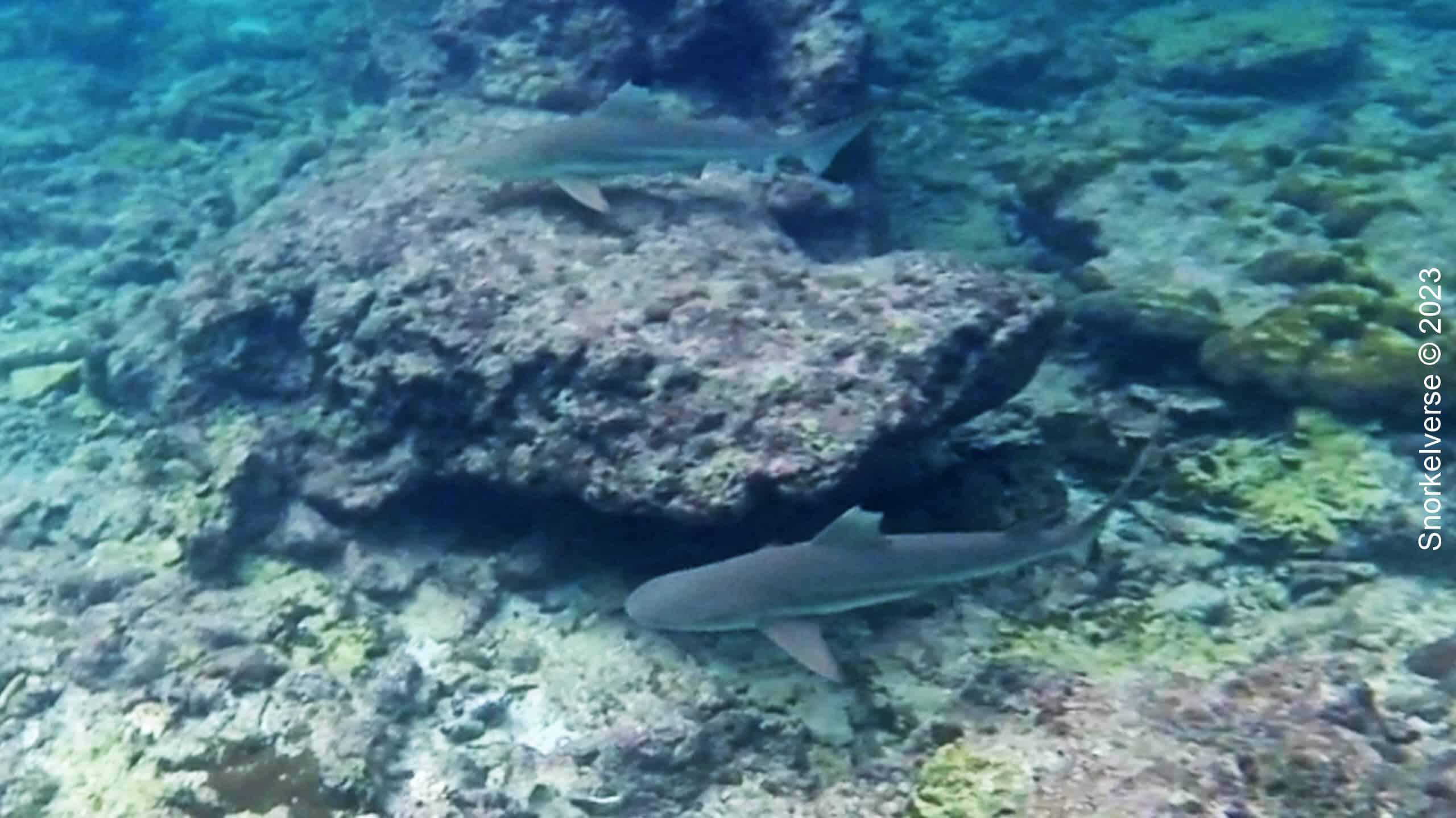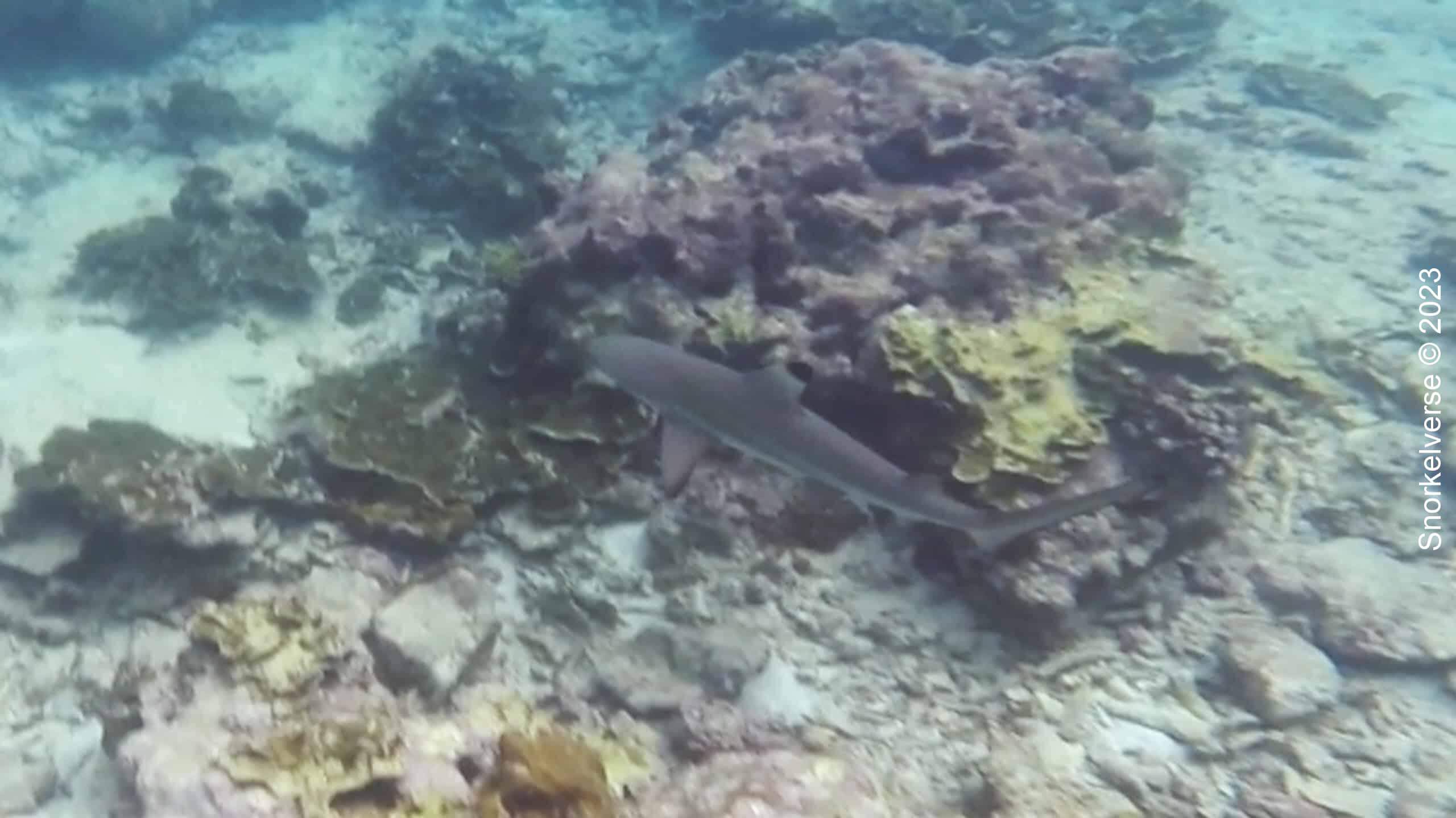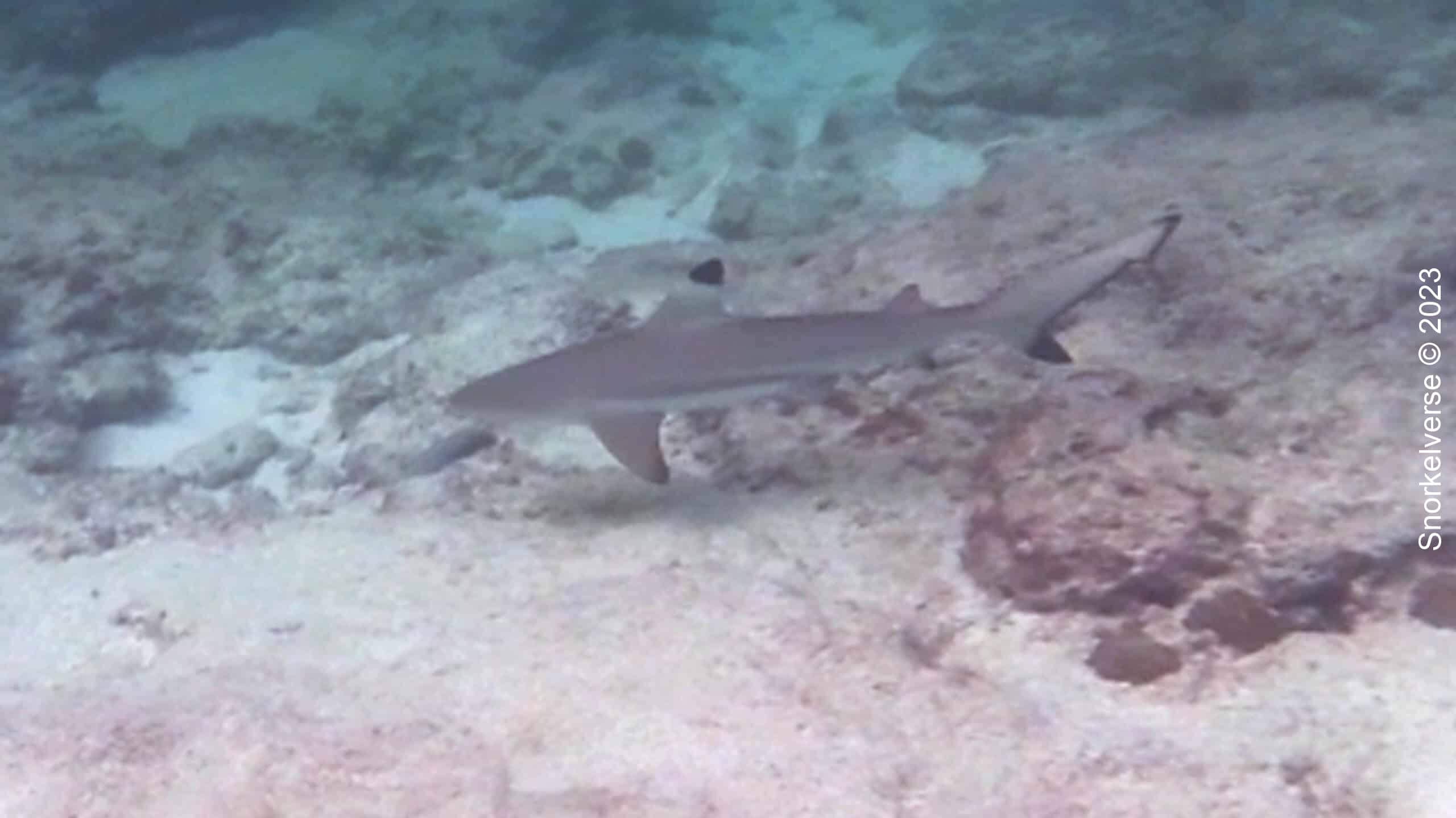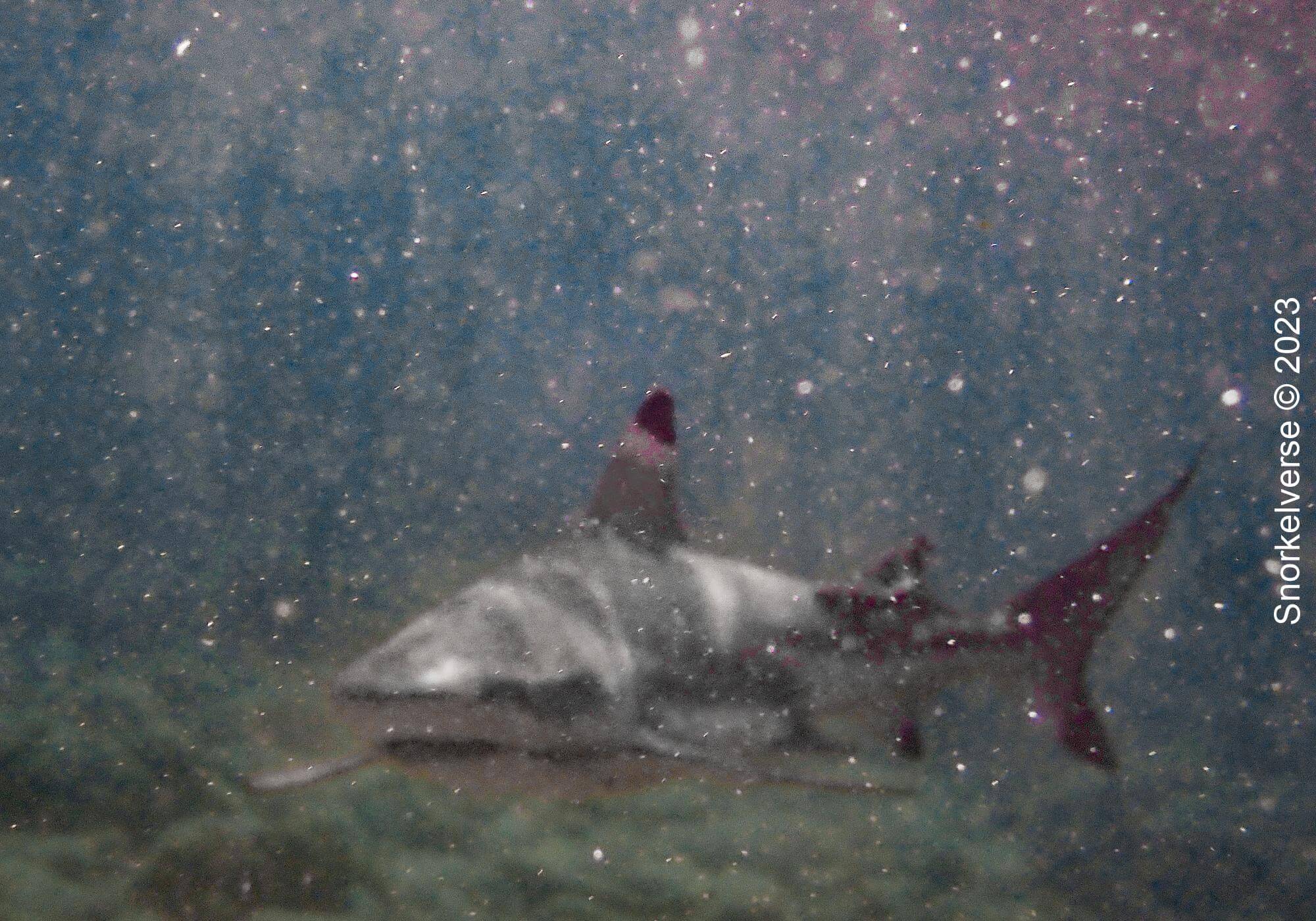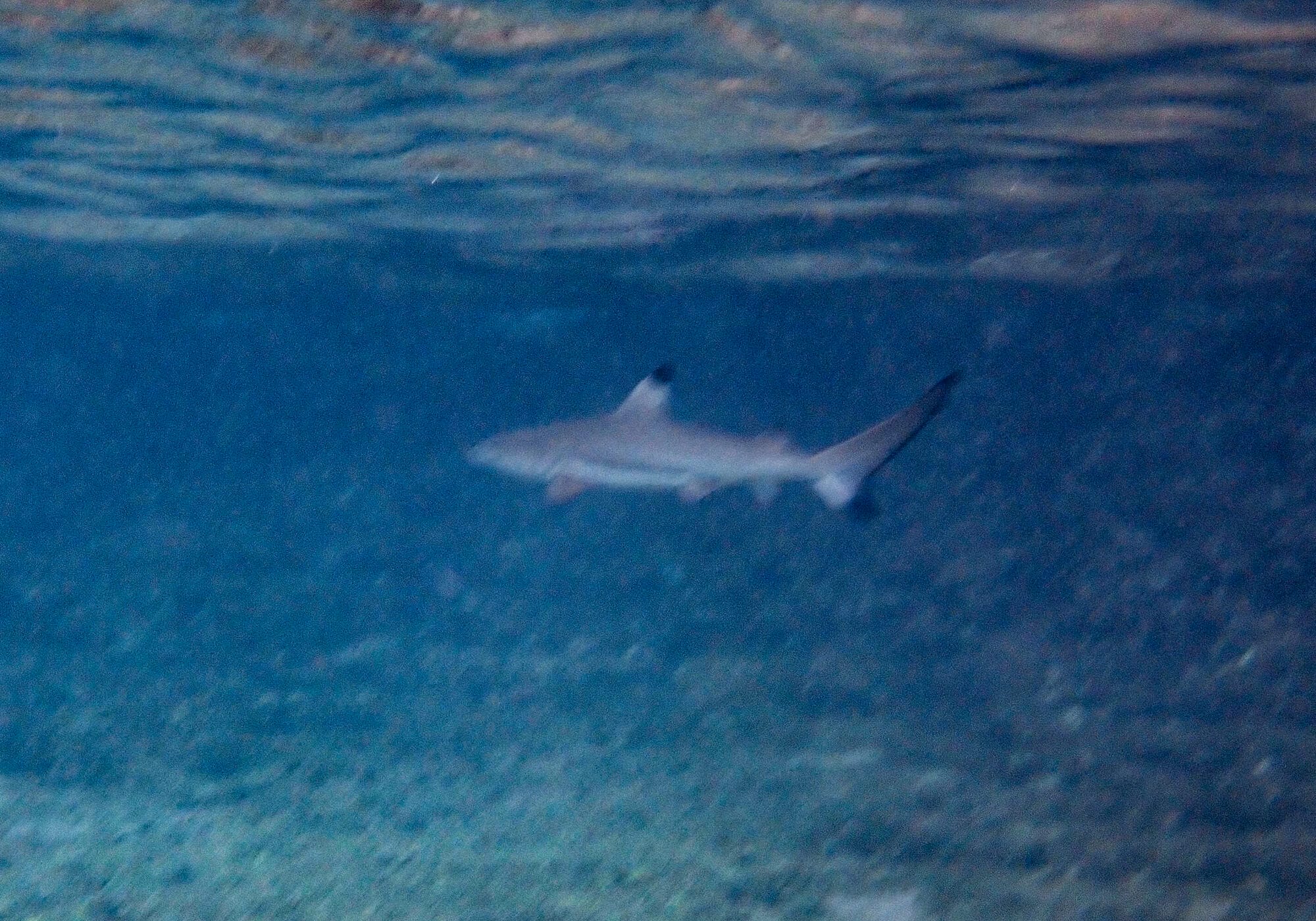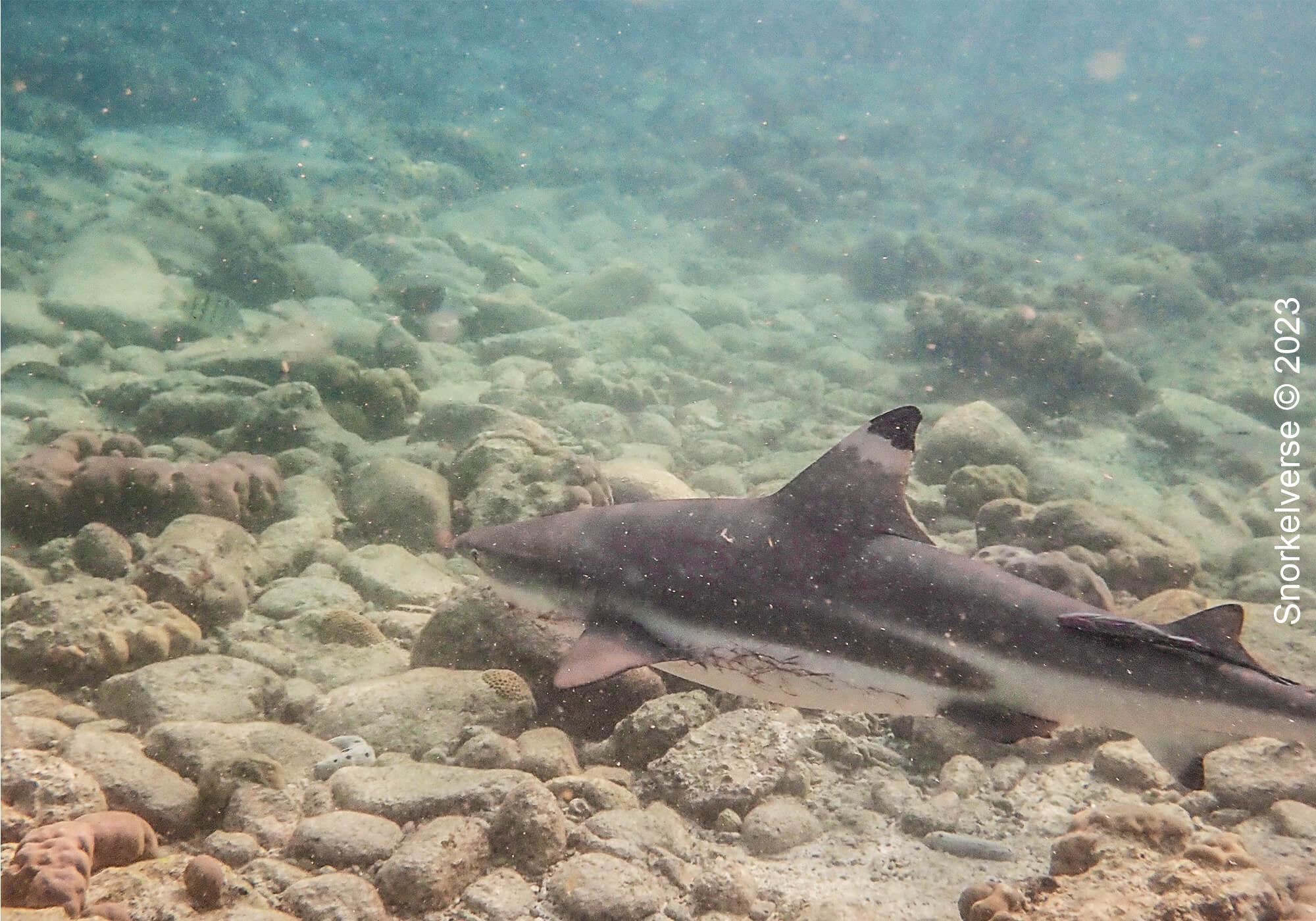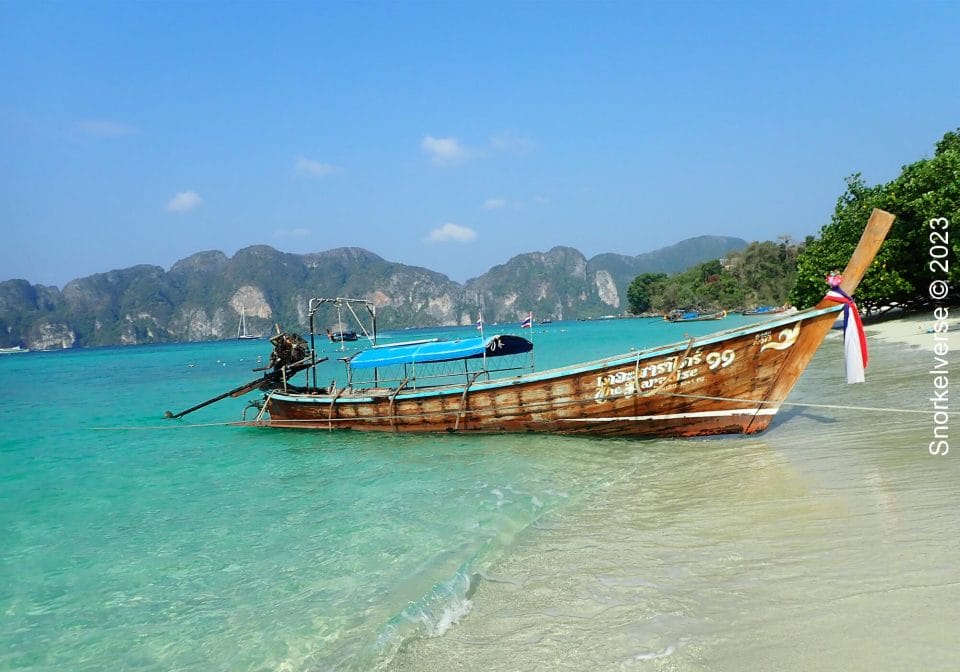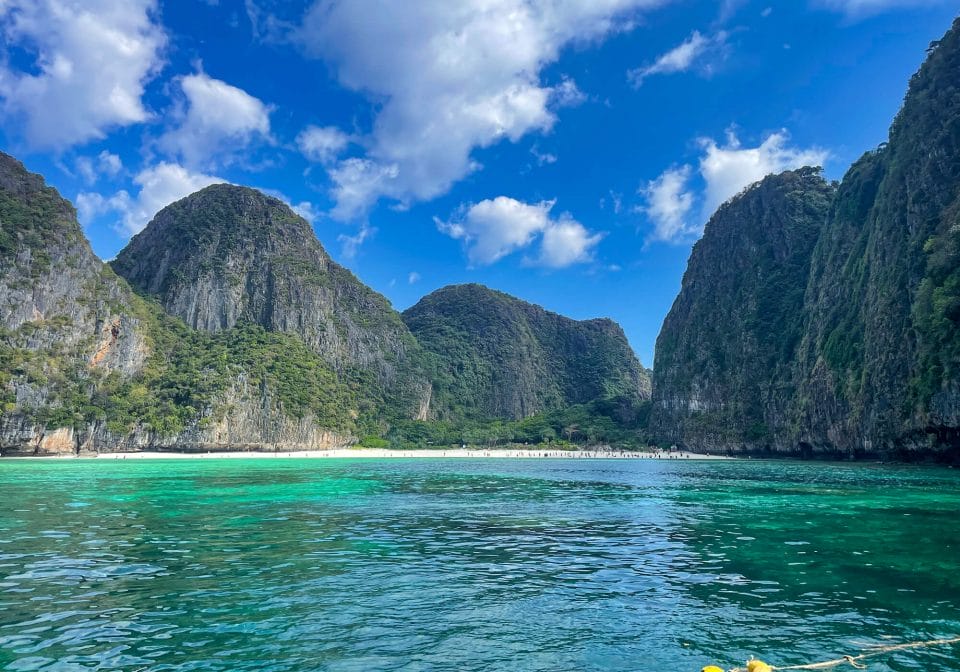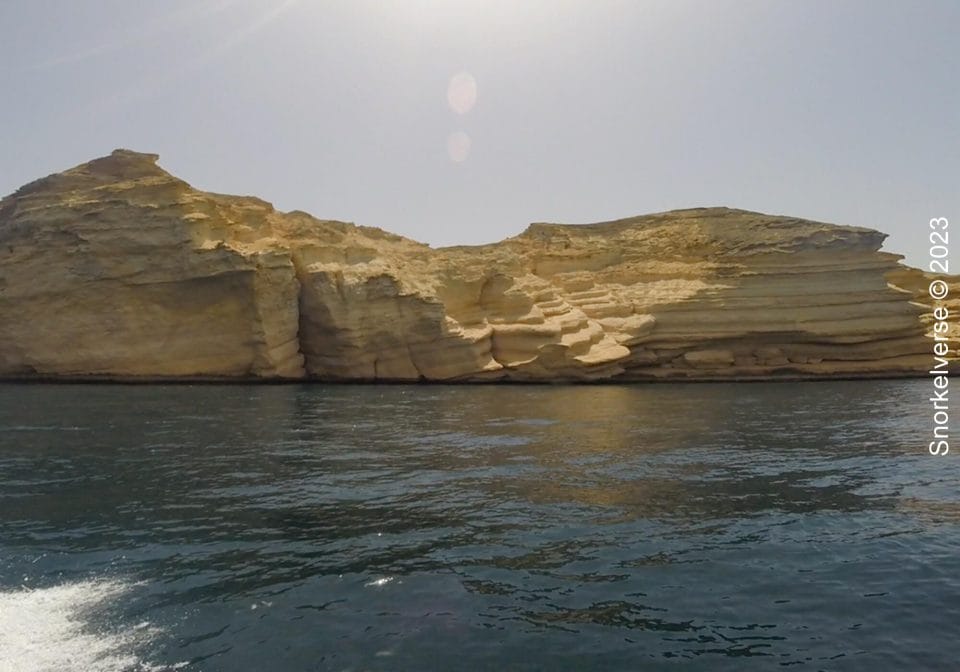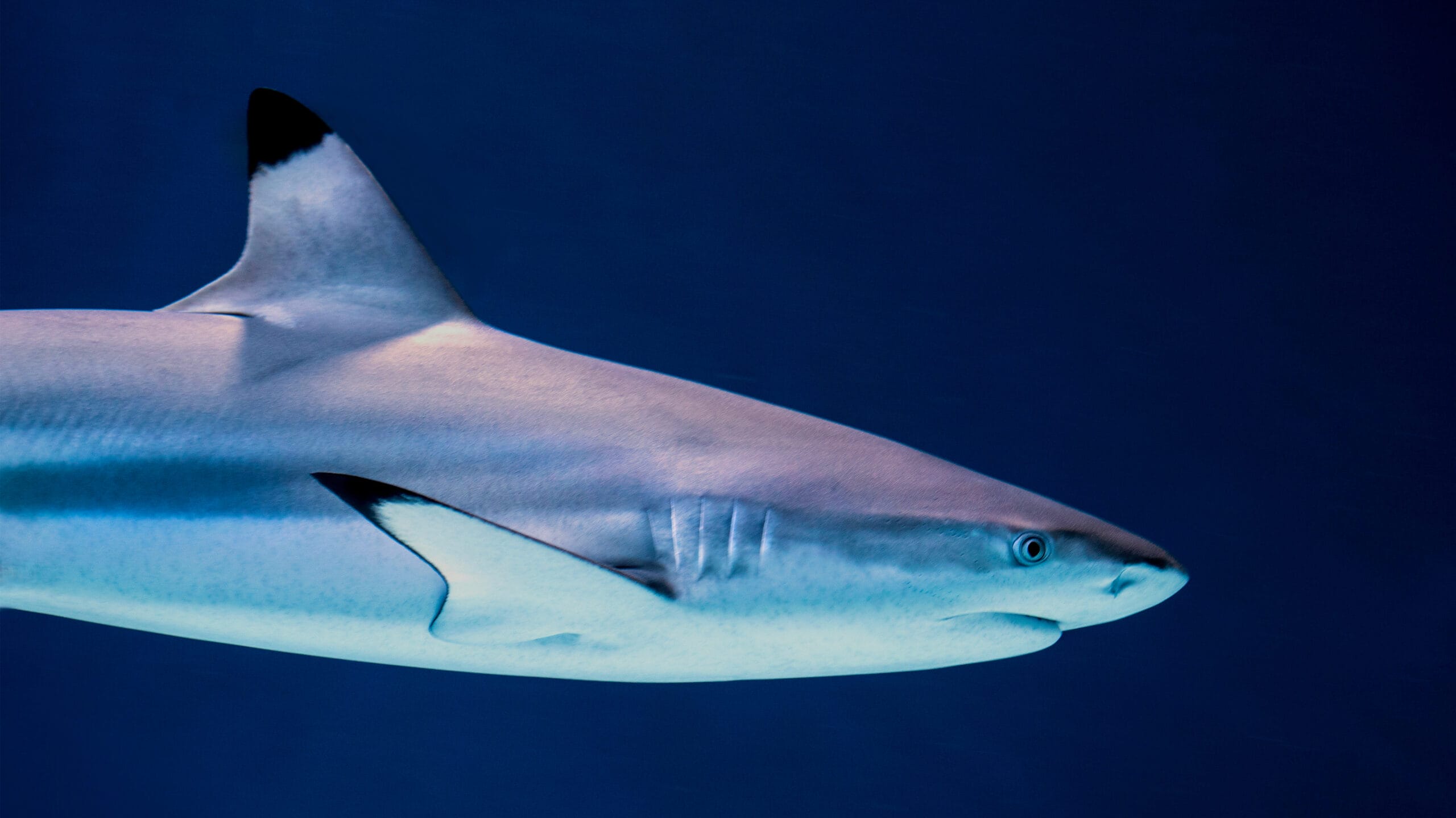

Description
The Blacktip Reef Shark (Charcharhinus melanopterus) are found in shallow coral reef in the tropical Indo-Pacific region. They are named for the ‘blacktip’ on their dorsal fin, easily identifiable when swimming. These sharks are often found swimming along open lane channels in between coral reefs. Adult sharks are typically 1.5-2 metres in length. They have a slim, streamlined body, with a grey upper body and light under side.

Snorkeling Video

Habitat
Blacktip Reef Sharks live in tropical oceans in the Indo-Pacific region. They are a reef shark species and therefore found swimming along open lane channels between coral reefs and the coral reef drop-off.

Diet
These shark’s diet consists of small reef fish, crustaceans, mollusks and squid. They are active hunters at night and day. These sharks have been known to hunt schools of fish in groups close to the coastline.

Appearance
The Blacktip Reef Shark has a distinctive black tip on its dorsal fin. The shape and size of the black coloring vary on each shark, like a fingerprint.
Key Features
- Named for the ‘Blacktip’ on the dorsal fin.
- Grey upper body and white under the body.
- Their skin is covered in denticles, which are small scales that help streamline by decreasing drag.

Threats
IUCN Conservation Status: Vulnerable
Fin Poaching
The shark is targeted for their fins by illegal poaching practices. The fins are used for shark fin soup and other products in some cultures. This has a significant impact on populations.
Climate Change
Climate change impacts affect the coral reef’s ecosystem, ocean acidity, and temperature. This has a knock on effect to the sharks natural food prey populations.
Overfishing
Overfishing and by-catch are major causes of the significant decline in the world’s shark populations. The shark caught as by-catch in commercial fishing operations has led to declining numbers.
Loss Of Habitat
Blacktip Reef Sharks are an integral part of the world’s coral reef ecosystems, hunting and maintaining species numbers. Coral bleaching, pollution, coral destruction and declining coral reef ecosystem is causing disruption to the ecosystem.

Frequently Asked Questions
These shark’s diet consists of small reef fish, crustaceans, mollusks and squid. They are active hunters at night and day. These sharks have been known to hunt schools of fish in groups close to the coastline.
Adults can grow just over 1.5 meters in length, but can sometimes be even larger.
Blacktip Reef Sharks are usually timid and not a threat to humans, unless threatened where they can be aggressive. As a wild animal, it is best to take precautions.


